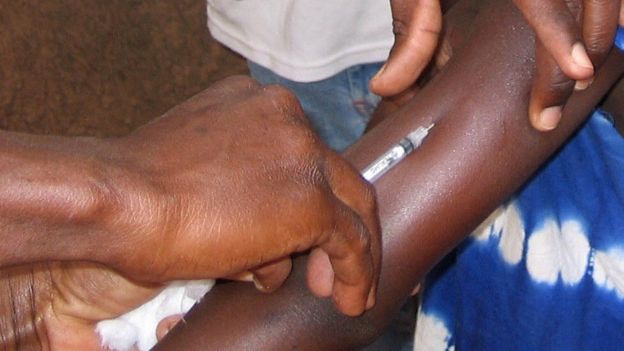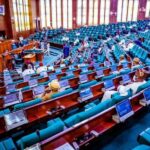
Their cases were reported from 130 Local Government Areas in 24 states, including the Federal Capital Territory in Nigeria from From October 2022, to July 2, 2023.
This is according to the epidemiology situation of the disease released by the Nigeria Centre for Disease Control and Prevention.
Meningitis is a serious infection of the meninges, the membranes covering the brain and spinal cord. It is a devastating disease and remains a major public health challenge. The disease can be caused by many different pathogens including bacteria, fungi or viruses, but the highest global burden is seen with bacterial meningitis.
Several different bacteria can cause meningitis. Streptococcus pneumoniae, Haemophilus influenzae, and Neisseria meningitidis are the most frequent ones. N. meningitidis, causing meningococcal meningitis, is the one with the potential to produce large epidemics.
Meningococcal meningitis is transmitted from person to person through droplets of respiratory and throat secretions, usually by asymptomatic carriers. Close, prolonged contact with an infected person, or living with a carrier, facilitates the spread of the disease. The average incubation period is four days but can range between two and 10 days.
Abia, Adamawa, Bauchi, Bayelsa, Benue, Borno, Delta, Ebonyi, Gombe, Imo, Jigawa, Kano, Katsina, Kebbi, Kogi, Kwara, Nasarawa, Niger, Oyo, Plateau, Sokoto, Taraba, Yobe and Zamfara states reported the suspected CSM cases.
The report partly read that as of July 2, “A total of 2,707 suspected cases including 183 deaths have been reported from 24 states in this 2022/2023 CSM season. A total of 667 samples collected (25 per cent) from 2,707 suspected cases from beginning of the outbreak, and 298 confirmed (45 per cent positivity rate).
“The five to 14-year-old age group was the most affected. 54 per cent of the total suspected cases were Males. 98 per cent of all suspected cases were from six (10) states – Jigawa (1508 cases), Yobe (654 cases), Katsina (177 cases), Bauchi (123 cases), Zamfara (53 cases), Adamawa (45 cases), Gombe (26 cases), Kano (10 cases) and Sokoto (10 cases).
“Nineteen LGAs across five states, Jigawa (10), Katsina (4), Yobe (2), Bauchi (2) and Zamfara (1), reported more than 20 cases each this 2022/2023 CSM season.”
The NCDC, however, said it will continue to support affected states with essential response commodities.





